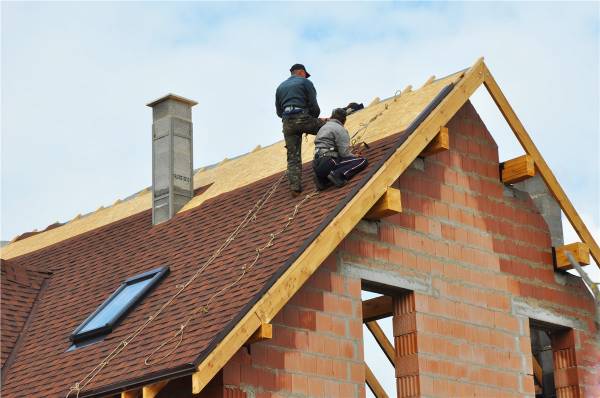

A report by Key Exteriors found 100,000 roofing-related businesses in the United States. Among them are 260,000 people employed in the industry. In 2020, the market’s size based on revenue is 45.1 billion US dollars, and it is still growing. Because of this, it is not hard to find roofing companies in any part of the country. But how the industry continuously expand? A commercial roofing contract helps contractors get jobs by setting off promises that can be enforced by law. Most companies preferred a written contract; however, many struggles in making one. Continue reading below for more tips on making a roofing contract.
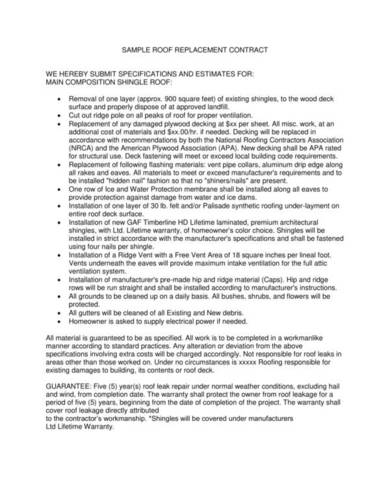
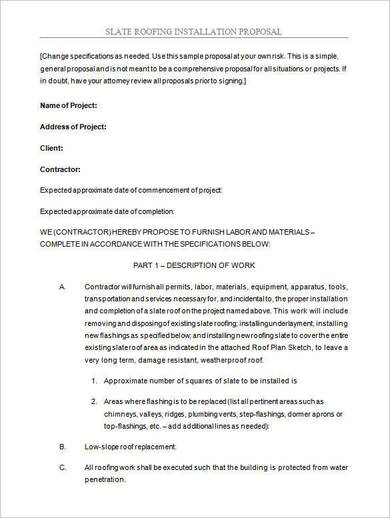
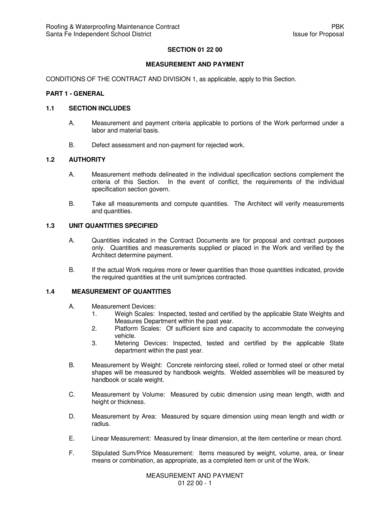
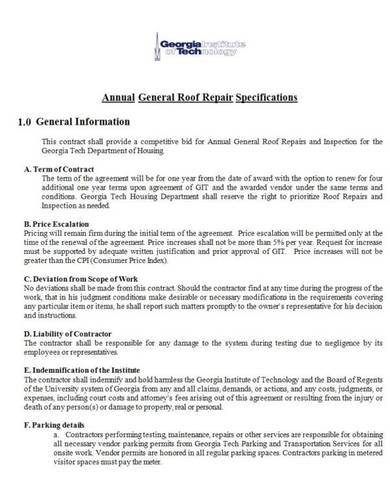
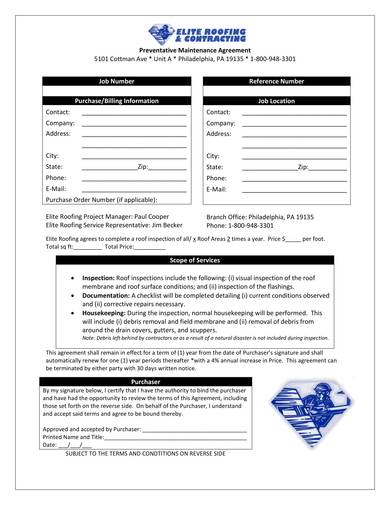
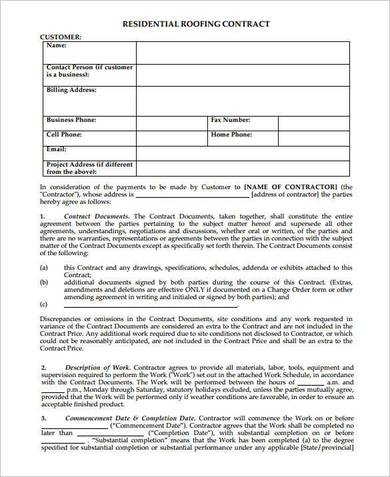
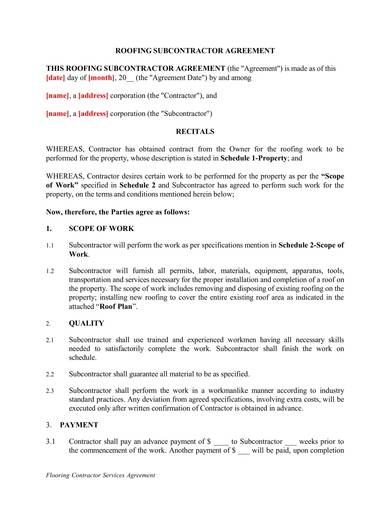
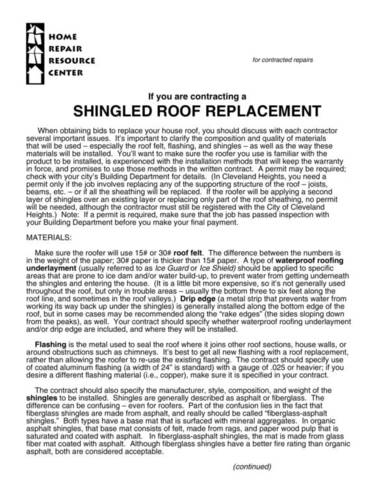
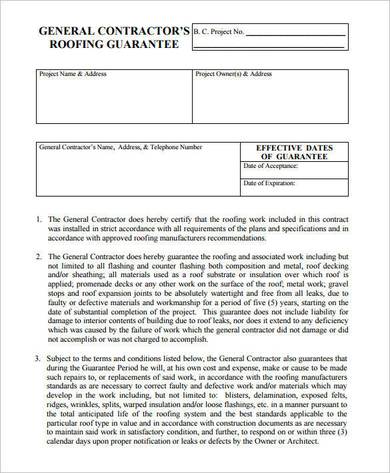
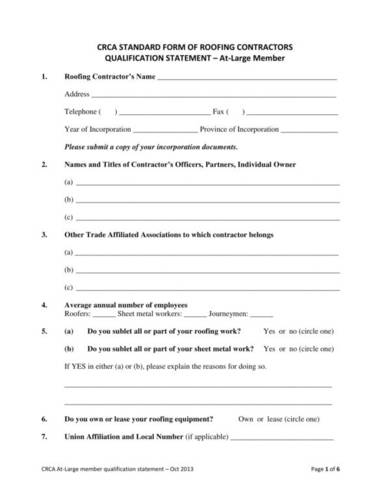
A commercial roofing contract is a legally binding agreement between a client and a contractor. It is important for the contractor to issue a written contract in every deal or project, for example, a roof replacement and even repair. The essence of contracting is when a professional roofer engages in the legal business and uses a contract to secure a project. It means a client has no right to run after their money if the contractor’s work stumbles into a pitfall. To avoid that, your contract must include poor quality, worker welfare, and warranty.
Read the contract before signing; it is a golden rule. When two parties agreed, a contract is formed. As an agreement, an offer and acceptance are a contract’s two important elements. For a roofing contract, the roofer makes the offer, and its client accepts the offer. Once this form of exchange happens, it is legal and binding. Signing the contract means both parties fully understood their rights and obligations. So, it is crucial to create a comprehensive legal document. Here’s how:
A reliable contract stipulates the project’s length. This should also include impedance and inclement. The project’s duration is crucial to your client because they must know what to expect. Take note: to gain your client’s trust, you must have an efficient time estimate on the contract.
Having the roofing project detailed on the contract is a courtesy to your client. This way, they can track the project’s development and even delays. As a contractor, understand that clients are entitled to be speculative and critical regarding the project’s specific materials, costs, and timeframe. The project is transparent by indicating these details, and your client is confident that everything will work out as promised.
Legitimate roofing contractors and subcontractors should have a license to operate. Once a project starts, they are liable for the team working for their business. Since accidents caused by unforeseen circumstances are unpredictable, insurance must cover these risks. If the project is not insured, the client will be liable for any incident on site.
A warranty will keep you from spending on repairs. Roof damage that keeps coming back is a loss of profit. A responsible roofing contractor offers professional services and ensures high-quality craftsmanship. Poor services boil down to non-payment. That is why it is also crucial to indicate the project’s costs. A client can always dispute if a contractor demands payment beyond what is agreed on in the contract.
Commercial and residential roofing services are not the same. They vary in design, and a commercial roof has a low slope or is entirely flat. With that, it requires more maintenance and involves repairs of larger spaces.
Any of the parties can cancel the contract if someone fails to comply with the agreement’s obligations or a breach of the terms and conditions.
Terminating a formal contract depends on agreed terms and conditions. In some cases, you can terminate a contract by sending a cancelation letter to the other party. On the other hand, some contracts give full authority to cancel the agreement immediately.
Before starting roofing repairs, secure a simple contract beforehand. Having a legal document will protect you against disputes. Use our templates to create a commercial roofing contract today. Download now!